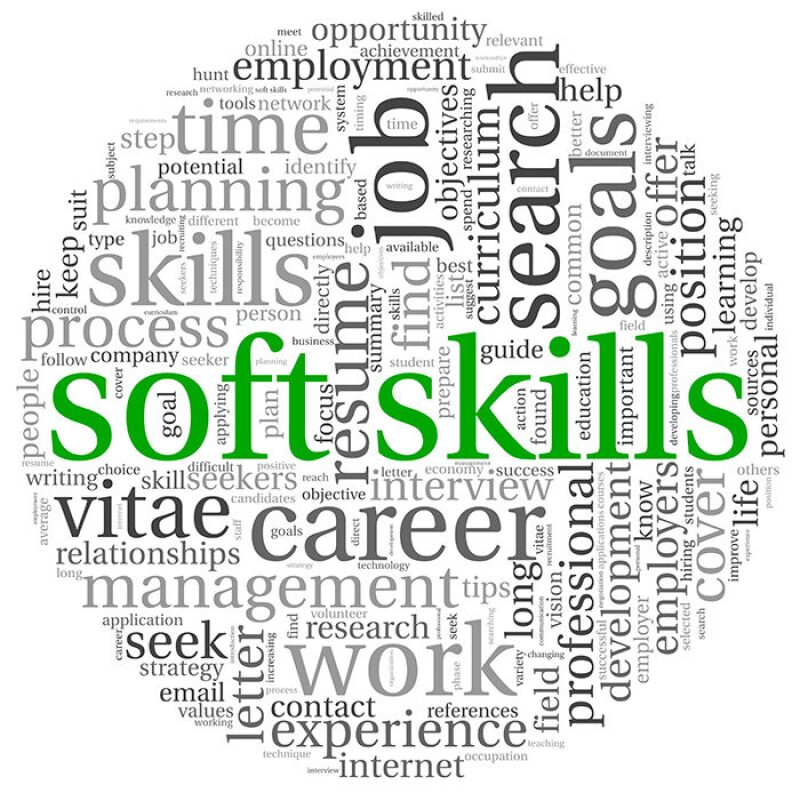I would like to start by introducing a little background into why I chose to write on this topic and the complexities involved with writing about soft skills.
I was asked by a well-respected industry contact to write an article regarding how to present soft skills on a résumé (if at all). This is far from simple and in most cases, I would recommend only using this sort of language in a cover letter. Most people have forgotten how to spell, let alone articulate a sophisticated experience that shows some absorbed knowledge. Unlike many how-to articles, this one will not have simple tips or tricks. There are no catch-all words, and the advice found here is not for the faint of heart. On the contrary, it will take study and practice.
Audience. The first thing to consider is your audience. How likely is it that your reader will understand the nuance of your experience? Typically, the larger the company, the less likely your individuality will speak to them. In fact, for large companies, you would probably have the best luck by putting your name at the top of a Word document followed by "experience in" then copying and pasting the job description.
However, if the company is smaller or have spent time on speaking in a certain "family" language, then it is my advice to relate to that language. Say for example, you notice on a job description that the company puts all of their sales staff through Sandler Sales Training and you have also been trained by Sandler (or you are familiar with it)—my advice is to use Sandler-like language to express the soft skill of knowing when to introduce the "Up Front Contract" or that your experience with the "Pain Funnel" shines a light on your ability to read people or successfully qualify potential business. It is only within this framework (or commonplace) that we can express some soft skill that the reader will understand.
Vulnerability. Showing your vulnerabilities is terrifying. However, it is also the essence of confidence and the birthplace of connection. I believe people are a messy mix of their defense mechanisms. Your ability to show that you are not perfect (and in a continuous state of failure, practice, and mastery) will set you apart as someone who has gained some soft skills.
Buzzwords. Be careful when you use buzzwords. Be careful when you use a term like Emotional Intelligence—the expectation of your ability to empathize and self-reflect increases rapidly. Be careful to identify yourself as a Myers-Briggs “INTJ” or an “I” personality in a DISC profile. People are malleable, ever-changing, and evolving, and those who have gained experience through “real life” know things are not so simple. [Myers-Briggs is a personality type indicator: The essence of the theory is that much of the seemingly random variation in behavior is actually quite orderly and consistent because of basic differences in the ways individuals prefer to use their perception and judgment.]
Final Warning. Most people avoid this path because the extra effort may fall on blind eyes. Our ignorance is increasing exponentially and the chances that your reader will understand your soft skills, let alone empathize with you, is becoming less likely by the minute.
Unless you are an excellent writer I would advise you to stick to the "fact-and-figure-based” résumé. Writing that you are "energetic" or "a team player" is a literal waste of space. If however, you do decide to be different and write a cover letter that focuses on soft skills and intangibles, then I recommend the following:
- Review the basics of rhetoric (ethos, logos, and pathos).
- Research your audience and use their specific language.
- Think about every word carefully.
- Represent your skills without exaggeration.
- Be at least a little bit vulnerable.


